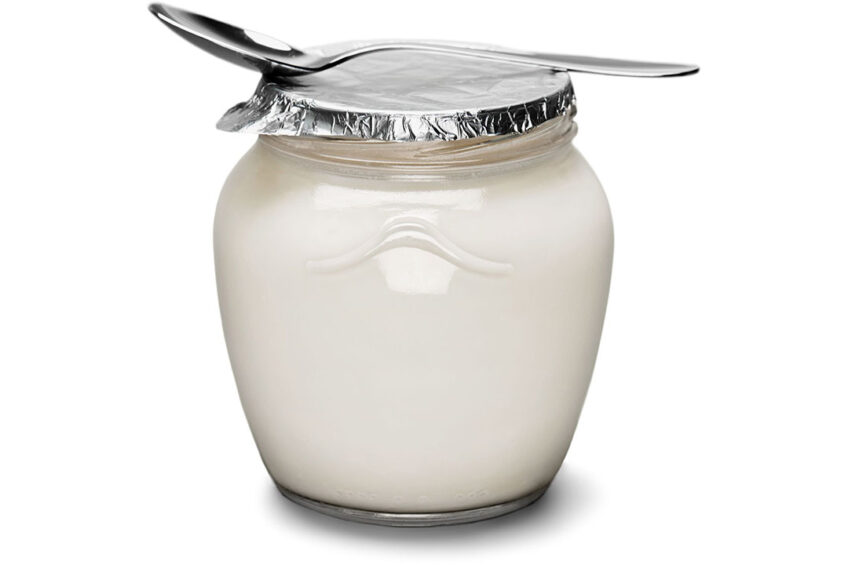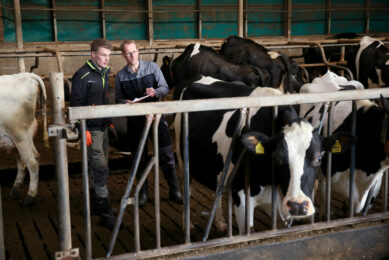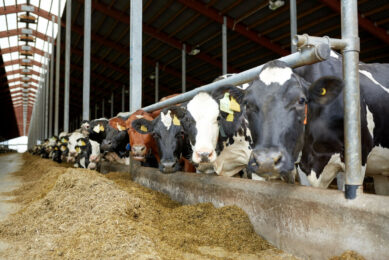Russia: Slump in yoghurt production

Russia could see a slump in yoghurt production due to a lack of starch, imports of which were barred by Western sanctions, according to the Russian newspaper, Kommersant.
Food starch is one of the few ingredients Russian dairy companies failed to source in alternative countries since supplies from Europe came to a halt in the first half of 2022.
In 2021, Russia imported 71,000 tonnes of food starch, primarily from European countries, while domestic production stood at only 9,000 tonnes, Oleg Radin, president of the Russian association of grain deep processing companies, estimated. Last year, supplies fell dramatically compared with the previous year, though concrete statistical data is not yet available.
Domestic production
In Russia, 2 plants producing food starch have a production capacity of 50,000 tonnes, but it is challenging to raise the capacity utilisation ratio due to a lack of necessary raw materials, primarily special waxy varieties of corn, which are not grown in the country in sufficient quantities, he explained.
In a statement for the Russian press, the Russian agricultural ministry claimed that Russian dairy producers are provided with “everything necessary”, adding that it keeps the food starch supply under control.
Stocks running dry
Artem Belov, general director of the Russian Union of dairy producers, Soyuzmoloko, told the publication: “When it comes to specific recipes in which it is impossible to replace one type of starch with another, for example, modified corn starch with native potato starch, then there is a problem.”
Russian dairy company, ABH Zalesye, has stocks of food starch enough to keep operations running for several more months, said Andrey Romanov, chairman of the board of directors, adding that the company is also seeking alternative food starch suppliers inside Russia and abroad.
Other companies reported that they began importing food starch from some Asian countries and also considered importing Western goods through third countries – a scheme known as parallel import – though it was associated with certain risks.
Yoghurt production
From January to August 2022, Russian yoghurt production amounted to 474,900 tonnes, 16% lower compared to the previous year. This trend is in line with a general decline in sales of fermented milk products in the Russian market observed in 2022. The analyst links it to the falling incomes of the Russian population, driving less wealthy groups of consumers to switch from fermented milk products to more affordable drinking milk.
Join 13,000+ subscribers
Subscribe to our newsletter to stay updated about all the need-to-know content in the dairy sector, two times a week.










